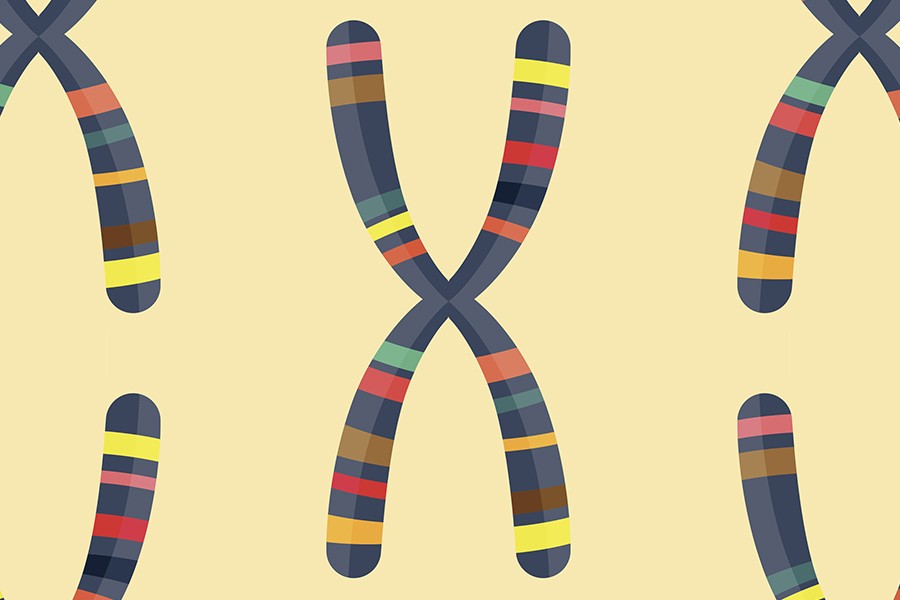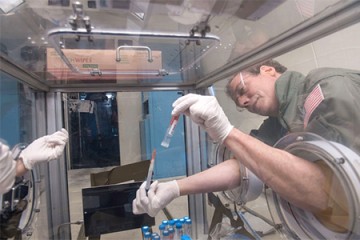This article originally appeared in Dome.
Direct-to-consumer genetic tests are popular. For a few hundred dollars, they promise information about disease risk for customers and their children, details about ancestry, and insights about personal characteristics like being good at math.
It's a simple process. Customers just pay, sign a waiver and send in a cheek swab or vial of saliva. But genetics experts worry that consumers are taking the tests without understanding their limitations or potential pitfalls.
Also see
"I am not against all direct-to-consumer genetic testing," says Debra Mathews, a Berman Institute of Bioethics associate professor who studies ethical issues around genetic information. "But I want people to understand what they are paying for and also what's happening to their data."
Mathews discussed those issues with two other Johns Hopkins experts—Ada Hamosh, who studies how genetic information can be part of clinical practice, and Lori Erby, acting director of a genetic counseling partnership between Johns Hopkins University and the National Human Genome Research Institute—during a recent Ethics for Lunch presentation hosted by the Berman Institute and the Johns Hopkins Hospital Ethics Committee and Consultation Service.
Here are five things they want people to know about commercial genetic testing kits:
The results are not diagnostic. Genetic tests scan genomes for variations that are known to correlate with increased risk for certain diseases, such as Alzheimer's or diabetes. But they don't predict an individual's chances of getting those illnesses. "It's population-level data," says Erby, noting that genetic analysis doesn't take into account factors such as race or lifestyle. Some companies offer genetic counseling for an additional fee, but in general customers receive little guidance about what the results could mean for them.
Genetic testing companies sell the information they gather to third parties, primarily for research. The information is de-identified, but privacy is not guaranteed. And once they have your sample, they have your sample, says Mathews.
Some companies offer to test children for athletic or academic aptitude, raising questions about pediatric consent and who owns a child's genetic information. What's more, the results are loosely reliable at best and don't measure factors like a child's interest or education.
Ancestry results can provide interesting information about a person's genetic makeup, but the accuracy and precision vary by company.
Insurance guidance is not included. Employers and health insurance companies are not allowed to discriminate based on genetic information, but companies that sell life, disability, and long-term care insurance have no such constraints. They typically consider genetic test results such as increased risk for diabetes or cancer when determining cost and coverage. Yet, says Mathews, "people are not prompted to think about how their access to insurance might change."
Bottom line: Read the fine print and proceed with caution.
Posted in Science+Technology









